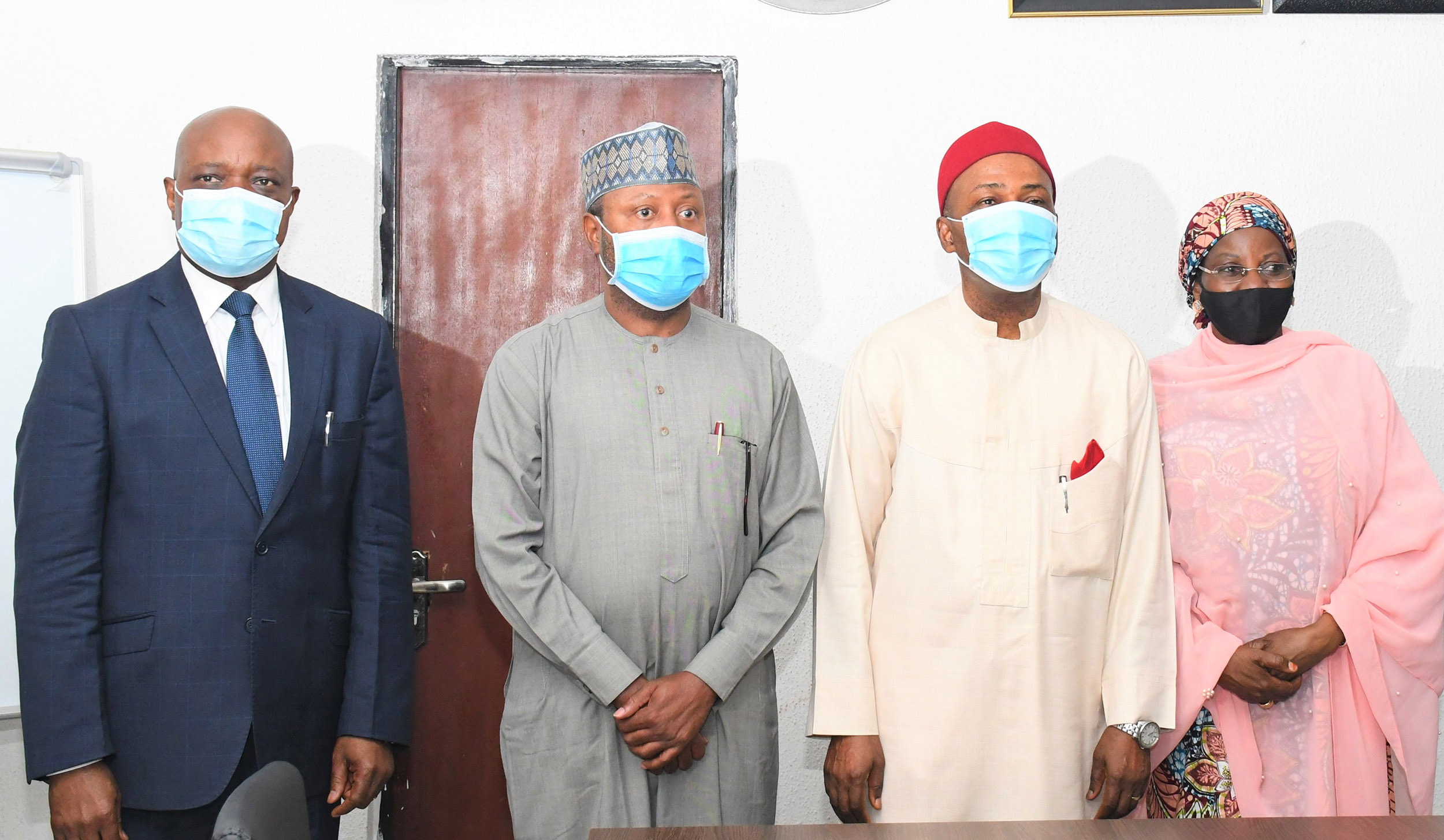Niger Delta
WPD: UNESCO Urges Synergy For New Digital Configuration

The United Nations Educational, Scientific and Cultural Organization (UNESCO), has called for synergy among information stakeholders across the globe to develop a new digital configuration.
The configuration was one that would protect not just the journalism profession but journalists in the discharge of their duties.
The Director_General, UNESCO, Ms Audrey Azoulay, made the call in her Message to mark the 2022 World Press Freedom Day (WPFD), with the theme’ Journalism Under Digital Siege, Yesterday.
Azoulay who noted that the journalism profession was packed with high Professional risks particularly on the journalists said the present digital age was however an alleviation and urged the seizure of the opportunities of the age.
Azoulay said it has become imperative for governments, technology companies and media stakeholders to rise to curbing these risks in the ever increasing media challenged society to save the lives of journalists and keep the profession afloat.
“We must do more to address the risks and seize the opportunities of the digital age. On this occasion of the World Press Freedom Day, I invite member states, technology companies, the media community as well as the rest of the civil society to come together to develop a new digital configuration- one that protects both journalism and journalists”, Azoulay stated.
Recall that the United Nations General Assembly declared May 3 every year to celebrate the media and appreciate the importance of press freedom world wide.
The day also serves as a reminder to governments of the need to respect their commitment to press freedom as well as a day of reflection among media professionals about issues of press freedom and professional ethics.
By: Lady Godknows Ogbulu
Niger Delta
Stakeholders In Delta Seek Stronger GBV Action, Women’s Leadership

Niger Delta
C’River Suspends Taskforce Activities Over Drivers’ Protest

Niger Delta
A’Ibom Assembly Urges More Private Investments In Agriculture

-

 News4 days ago
News4 days agoAmend Constitution To Accommodate State Police, Tinubu Tells Senators
-

 Politics4 days ago
Politics4 days agoSenate Urges Tinubu To Sack CAC Boss
-
Business5 days ago
Crisis Response: EU-project Delivers New Vet. Clinic To Katsina Govt.
-
Business5 days ago
President Tinubu Approves Extension Ban On Raw Shea Nut Export
-

 News4 days ago
News4 days agoDisu Takes Over As New IGP …Declares Total War On Corruption, Impunity
-
Business5 days ago
Fidelity Bank To Empower Women With Sustainable Entrepreneurship Skills, HAP2.0
-
Business5 days ago
President Tinubu Extends Raw Shea Nuts Export Ban To 2027
-
Sports5 days ago
NDG: Rivers Coach Appeal To NDDC In Talent Discovery

